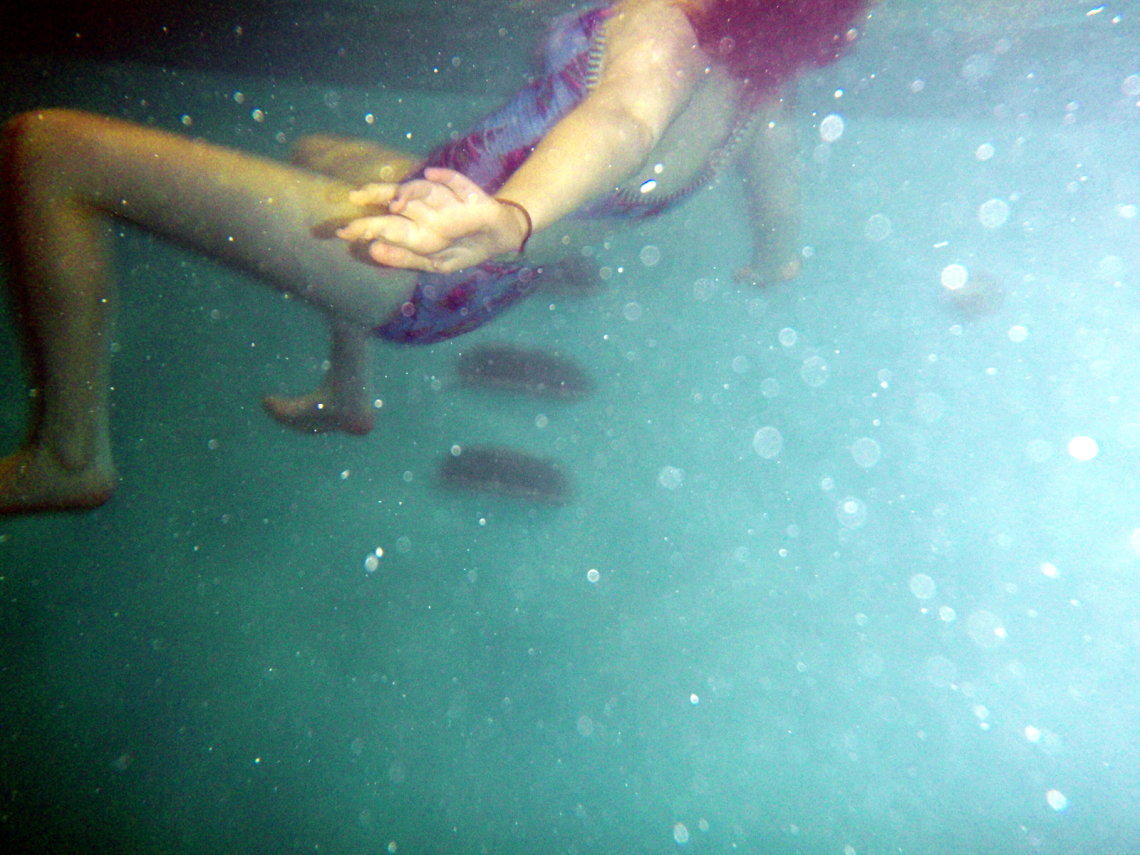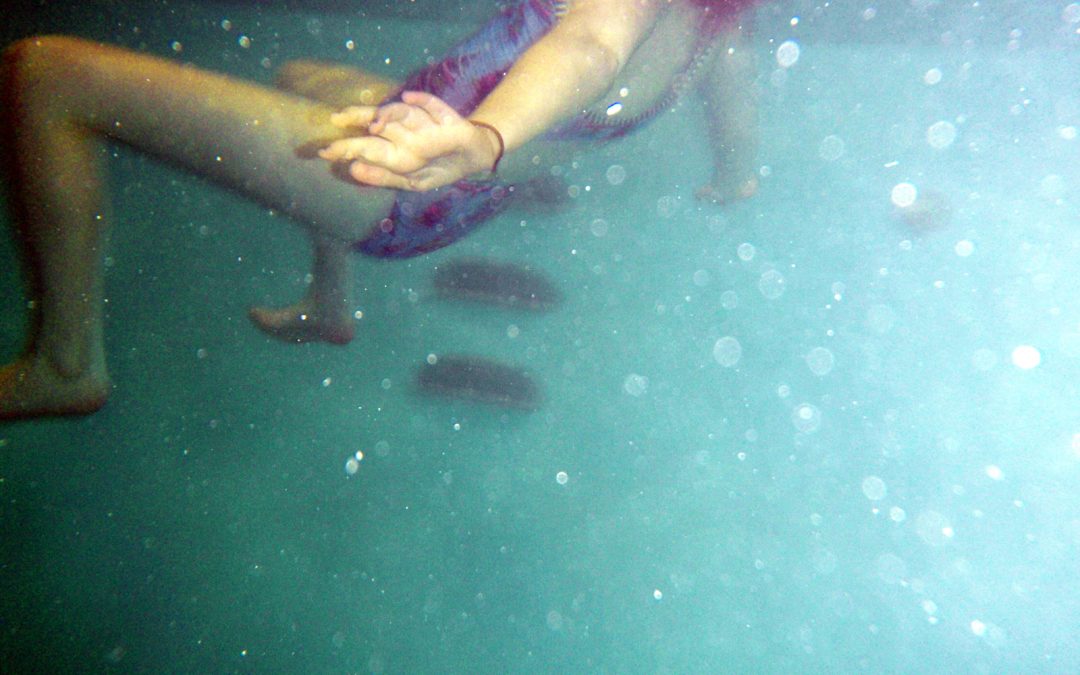
I grew up in a tiny, affluent, suburban town 25 minutes outside San Francisco. With a picture perfect breeding, I excelled academically and athletically throughout my youthful adolescence. I was walking when I was seven months, talking complete, all-inclusive sentences by thirteen months, reading by two, and swimming with no help by three. I learned social skills early on by joining with my old brother George and his buddies, so when I entered preschool, I was already ahead of the curve. Teachers wrote home about me, gushing to my parents about my wisdom in professors and social interactions, along with my natural tendency to both artwork—visual and acting—along with sports.
My mother and father symbolized the model parents too. Although they already had one child under their belts by thirty, the minute they found my mom’s pregnancy at thirty three, they bought all-new editions of parenting publications, read up on the most recent prenatal importance, and signed up for yoga courses. My skinny, blond, and bronzed mom’s abdomen grew, but she remained fit, eating only healthy foods and continuing to work out at a secure amount. My dad even stopped his consumption of alcohol and unhealthy foods to be able to help my mom on her journey. The both of them loved each other to the moon and back, and with my arrival, their love grew even more powerful. They were the definition of a strong union and they raised my brother and me to be the children everyone needed.
By middle school, I was top of my course. I held right As, with just private pressure and minimal pressure from the home front. My artwork had been printed in a national art magazine and I was triumphing to great lengths in the pool. My bleached blond hair started to darken a little with age to coincide with my mom’s, complementing the green eyes I’d inherited from my father. By twelve, the focus lads paid to me had become clear, but I kept my space. I chosen to wait until I was a little old, perhaps high school, to explore that side of myself.
And when high school came around, that’s just what I did. I ‘d already landed an all American, brown haired football player as my boyfriend a month into my freshman year. He showed me all the things high school had to offer before I even knew my way around. I joined at least ten clubs, was rated the very best swimmer in the state, was rated within the very best tenth of my school academically, and had one of the very reserved-upward societal lives of any other freshman girl. My boyfriend showed me the drinking picture, and while frequently I attended celebrations with him, I never so much as touched a drink of booze. Somehow, even with most of the ways I was going and being pulled, I never felt overwhelmed. When I returned home at the close of the day after swim training, we sat down and ate a home-cooked meal as a family, and also the rate of my day slowed down. I felt comfortable with my parents, enough to constantly keep them advised on all facets of my entire life. They never told me who to be friends with or the best way to act; they simply discussed their position on specific things. Clearly, as most parents of high school children are, they were against drinking, drugs, and sex, but if I was doing some of these things, they explained they’dn’t be upset and that they could just expect I’d discuss my experiences with them in order that they could inform me and keep me safe. I told them everything. !
My sophomore year, my old brother George went off to Brown University in Rhode Island, having graduated with honours as well as a total academic scholarship, in addition to a place on their lacrosse team. Looking back at the pictures from the day he boarded the airplane, I am only able to smile myself, noticing the broad, white grin plastered on his face as he pulls in my parents on either side. The ideal family picture—all it’s losing is a white picket fence. I missed him a lot when he left, as we had an extremely close relationship. Since I’d turned eight and eventually be a competitive swimmer, my brother was at each and every one of my meets, cheering and giving me the thumbs up from the stands. My first meet since he’d left for university, I recall standing on the block and rotating my head to the stands, blindly and subconsciously scanning the bunch for George. I shook it away, failing the pit in my belly and putting it away as force of habit, before refocusing on the aqua water rippling three feet below me. My hands grasped the edge of the rough white board and my body bent into a filled place, prepared to dive. In this state, I ‘d constantly been totally still, mesmerized by the sound of my heart beating in my ears and also the booming sound of the announcer’s voice. This time, nevertheless, I felt my bare foot spasm somewhat behind me, such as, for instance, a fidget. When the onset of the race was announced, I wasn’t at all in the zone. I flailed off the plank and into a disjointed freestyle for the entirety of the race, putting—for the very first time since fourth grade—in third place. I ‘dn’t even set so low as second since sixth grade.
as soon as I left the pool to my parents after being wracked with sobs in the showers for 30 minutes, they approached me solemnly and embraced me.
“You did excellent,” my mom whispered to me, a gentle grin spreading on her lustrous pink lips. “Third isn’t the end of the world. It will be unbelievable for just about any other girl!”
I looked away, blinking away the omnipresent wetness from my eyes and trying to consume down the painful lump in my throat. I understood she meant well, but I didn’t care about anyone else. Third could kill my position in the state and, in my head in the time, ruin my future and my possibility of visiting Brown. While I already had an offer from Stanford for a complete ride, among the very sought after places in the state, and my dream school since I ‘d been five, all of a sudden Stanford wasn’t what I needed. I needed Brown. And to me, third area had ruined my opportunities and now I was destined for failure. What if’s began to cloud my head: What if I don’t get first every race for the remainder of the season? What will happen if I get third again? What if Brown doesn’t need me? What if I never see George again? I ‘d never been one to focus so much on the potential negatives of the future, but at that instant it was all I really could think about. Nevertheless, I induced a clean grin and shoved a squeaky, “Thanks, you’re right” in her guidance. We piled into the auto and returned home, like nothing was distinct—like nothing had changed.
A week afterwards, after compulsively studying for my chemistry test, a area in which I ‘d shone previously, my standard put together self proved to be a nervous wreck in the doorway. I’d rubbed black mascara around my eyes and was clawing at my hair as I manically switched back and forth through my binder. I understood I understood the stuff but the what-if’s were ruling supreme again: What if I forget what I analyzed? What will happen if my calculator runs out of battery? What will happen if I got a temperature and I get ill in the center of the evaluation? What if something occurs to my mother while I’m taking this test? It didn’t even look odd to me, in the time, that I was thinking these odd, incoherent ideas that had little to do with the evaluation prior to it. It looked to me like they were real, likely stresses. When I took the test, my typical composed manner had turned into a fast tapping foot and also a continuous agitation. I couldn’t recall things I ‘d only went over and had been going over all week. as soon as I got back the evaluation several days after, an enormous 86 tarnished the very top of the sheet. For an instant, I couldn’t breathe.
After a sequence of falling classes, tumbling esprit de corps, and poor performance, everything came tumbling down at the state swimming finals. I was up next for the IM, a demanding occasion which includes all four strokes, and as I stood up to prepare, my torso suddenly constricted. I couldn’t respire. My eyes watered as I gasped for help, feeling hopeless and desperate. I was encompassed by moving bodies as my vision blurred and I was helped to the earth. I kept panting: “What if I fail? What if this is my last opportunity to show myself? What will happen if I don’t get first again? What will happen if I don’t get recruited to Brown? What will happen if I don’t get into school?” At some point, I passed out.
My blurry eyes reopened some time afterwards to prickling fluorescent light. My right hand was enclosed by another, and my body had sunken into the plush below me. I swallowed hard, coughing through a raw throat. !
“Oh, thank god,” I heard my mom sigh. “You’re conscious.”
I fought to shove my eyes open and turn my head to her. I was completely exhausted. Actually, I ‘dn’t been getting much sleep recently—my stresses kept me up. “Hi, Mother,” I croaked, the corners of my lips turning up into a narrow grin.
Compact tears were wetting my mom’s strong blue eyes as she blinked at me through thick dark lashes. “I’m sorry,” she whispered. “I ‘m so sorry, I should have known something was incorrect. You transformed so fast. This really is all my fault.”
I promptly avowed, “No! Mother, this isn’t your fault, it’s mine. Had I only prepared better for the race. Had I simply been better. I might have discontinued this. I am aware I could have.”
Clearly, my mother questioned me, saying once again that it was her fault, that it could never be mine, that I did nothing wrong. Right now, I didn’t consider it. Right now, I was still considering how no school would ever need me now, how I ‘d never get to Brown. And when afterwards—after going through quite a few boring sessions using a shrink and filling out numerous surveys and answering what felt like hundreds of questions—I was diagnosed with generalized anxiety disorder with symptoms of panic disorder, I still upheld this must have been have my fault. The newscast put the blame on my parents, headlines reading: LOCAL SWIMMING PRODIGY DESTROYED BY CRIPPLING PRESSURE FROM HOUSE and PARENTAL PRESSURE SUFFOCATES OUTSTANDING STUDENT ATHLETE. No one understood that my parents never pushed me into anything I didn’t need to do. No one understood that all they needed for me was my happiness. The tabloids made up their narratives, attributing my problems on my parents. Children at school (who my mom would say were constantly only envious of my drive) would write online how it was my own overachiever try hard mindset that get me here. I concurred it was my fault, but I didn’t agree with their reasoning. !
But looking back now, years after, at school, swimming for Stanford University, as well as on drugs to take care of my mental disorder, I’ve understood this was nobody’s fault. My worry was under nobody’s control. Nobody ever asked for it or caused it. It only…happened. And I’m treating it. And I’m dwelling with it. And I’m just as successful and “overachieving”—as some may say—as I’ve consistently been. I looked inside myself and understood that occasionally, the planet is merely arbitrary and unkind and I only got caught in its fire show. I even got an offer from Brown that I didn’t take because I understood it wasn’t me who needed to go there, it was my worry. Mental disorders are nobody’s fault. Someday, I expect folks may understand that. 
![]()


